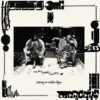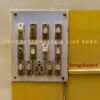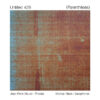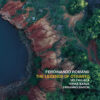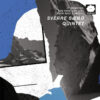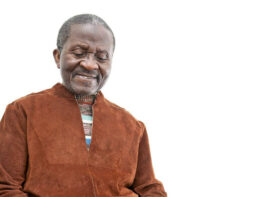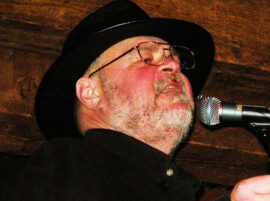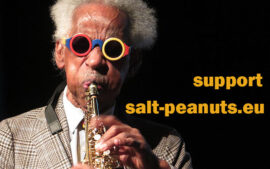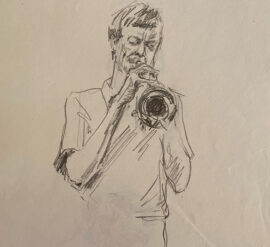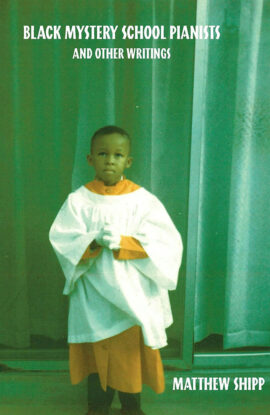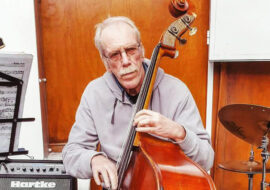
Swedish septet Beloveds was founded by vocalist-poet-writer Channa Riedel, who was inspired by the anti-war poem «Beloveds» by American poet-activist-critic Juliana Spahr, who linked troubled global politics and their direct impact on our intimate spaces while developing unconventional pro-nouns. Like Spahr, Riedel is also troubled by world politics and human rights violations in Palestina, Europe, South America, and obviously, Sweden. She is also well-versed in the seminal work of other revolutionary artists, from the cabaret songs of Hans Eisler, through the work of notable poets as Soviet playwright-actor Vladimir Mayakovsky and Chilean singer-songwriter-activist Victor Jara, to Charlie Haden’s Liberation Music Orchestra and Robert Wyatt.
The ensemble Beloveds began working in 2016 In Gothenburg and recorded its debut album «Så tar natten dig åter» (And so the night demands you back) in June 2018. The bittersweet songs (all the lyrics are available in Beloveds Bandcamp page) draw elements also from Swedish and Jewish folk songs and progg (the Swedish left-wing and anti-commercial musical movement from the ’60s and ’70s) and British art-rock. Riedel succeeds to embrace the complex, painful issues with engaging melodies, a sense of compassionate intimacy, and most importantly, a strong belief that we may work together for a better future.
The album begins with Riedel adaption of a Palestinian traditional song «Natt, låt fången fullborda sin klagan» (Night, let the prisoner complete his complaint), delivered with as a cabaret ballad, with a reserved sense of drama, that serves beautifully the melancholic atmosphere. The title-song sound and “Beloveds” («Beloveds, I keep trying to speak of loving but all I can speak about is / acts of war and acts of war acts of war and acts of war») are arranged as folk-jazz songs, with a memorable, playful and sing-along chorus that stresses Riedel gifts not only as a thoughtful songwriter but as clever, charismatic bandleader and vocalist. On «El derecho de vivir en paz» (The right to live in peace) she wisely connects the lyrics of Dutch-born, Swedish singer-songwriter-poet-actor Cornelis Vreeswijk about the poetic work of Vietnamese revolutionary leader Ho Chi Min with a moving melody of Jara (far away from British vocal artist Phil Minton and pianist Veryal Weston adaptions of Ho Chi Min Poems on «Songs From a Prison Diary», Leo, 1993).
The last song «Gallo negro, gallo rojo/Den svarta tuppen» (The black rooster) adapts the lyrics and music of Spanish Marxist singer-songwriter José Antonio Sanchez Ferlosio (better known as Chicho Sánchez Ferlosio), chronicling his arrest in the early ’60s (and soon performed by Swedish actor Jan-Olof Strandberg, with lyrics by Jacob Branting). But Riedel’s delivery and phrasing suggest the delivery and phrasing of Robert Wyatt on his classic love song «Alifib» (from «Rock Bottom», Virgin, 1974)
Eyal Hareuveni
Channa Riedel (v), Anton Jonsson (dr), Björn Petersso (b), Joel Haag (g), Gustav Davidsson (tb), Pelle Westlin (ts, cl), Karl Magnús Andersson (p)


